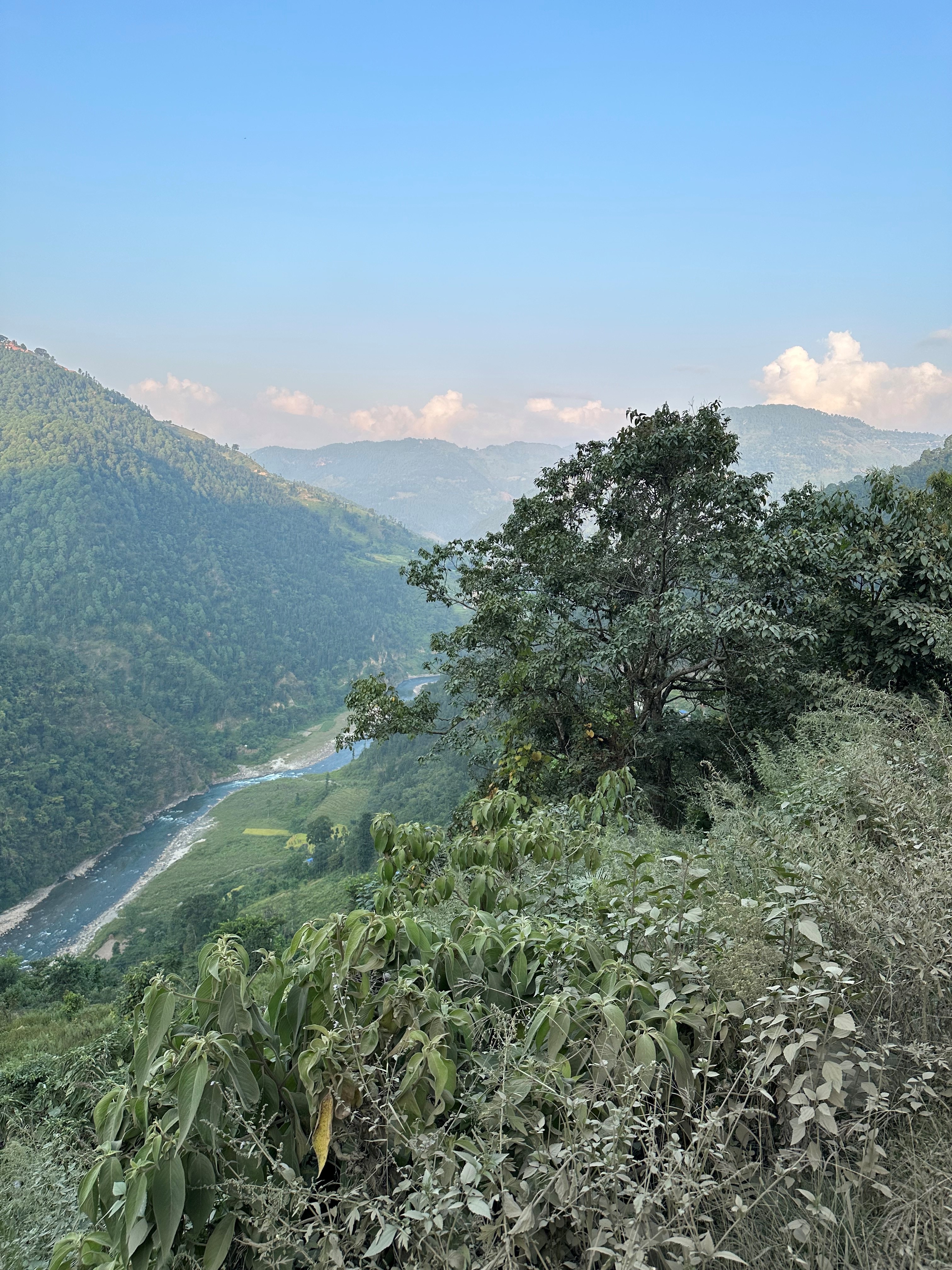Nepal, Finland, and the European Union join hands for Climate Resilience
Nepal, Finland, and the European Union have launched Local Adaptation to Climate Change (LACC) project to enhance climate resilience and sustainable natural resource management in Sudurpashchim and Karnali provinces in 2024-2028. The LACC project builds on the successful Rural Village Water Resources Management Project (RVWRMP), which operated in Sudurpashchim and Karnali for 16 years, benefiting hundreds of thousands of individuals in water supply and livelihoods.
Nepal, Finland, and the European Union have launched the Local Adaptation to Climate Change (LACC) project to enhance climate resilience and sustainable natural resource management in Sudurpashchim and Karnali provinces. This initiative, marking the 50th anniversary of diplomatic relations between Nepal and Finland, is a 51 million euro collaborative climate financing effort in Nepal. With Finland contributing 13 million euros and EU 18 million euros, Nepal has a share of 20 million euros from its municipalities and local communities.
On May 21, 2024, representatives from the Ministry of Finance Nepal and the Ambassador of Finland to Nepal signed the agreement, with both parties signing their respective EU agreements already in 2023. The LACC project is Finland’s fourth intervention under the EU’s delegated agreement and a Global Gateway initiative, highlighting the strong Team Europe collaboration.
Finland provides technical assistance to the project. “The LACC project represents an essential step for Finland to support Nepal in climate resilience, aligning with the commitments discussed at COP28. As communities in Nepal increasingly suffer from the harsh impacts of climate change, our joint efforts with Nepal and the EU aim to provide essential resources and support to build resilience and sustainable development. Through this initiative, we are demonstrating our commitment to global climate goals and tangible action on the ground.” stated Riina-Riikka Heikka, the Ambassador of Finland to Nepal.

Key Initiatives
While Nepal is a negligible contributor to global climate change, it ranks high in terms of vulnerability to it. The LACC project aims to address the needs of the people living in the areas that are vulnerable to climate change in Sudurpashchim and Karnali provinces. It promotes sustainable natural resource management to help residents adapt to environmental changes, secure their livelihoods, and improve living conditions.
The project aims to foster sustainable resource management practices and resilient livelihoods in the face of climate change. Efforts are directed towards empowering communities to adapt to changing climatic conditions and promoting inclusive management of terrestrial ecosystems. This involves strengthening climate-smart agricultural practices, ensuring the sustainable use of natural resources, and empowering communities to manage land and natural resources effectively.
Additionally, the project aims to support inclusive and sustainable water management practices, including the protection of water bodies and the provision of climate-resilient water services. Furthermore, it seeks to create enabling conditions and enhance governance structures for sustainable resource management at provincial and local levels, fostering collaboration with relevant stakeholders to strengthen capacity and promote holistic planning processes.
Building on Success
The LACC project builds on the successful Rural Village Water Resources Management Project (RVWRMP), which operated in Sudurpashchim and Karnali for 16 years, benefiting hundreds of thousands of individuals in water supply and livelihoods. This partnership between Nepal, Finland, the EU and local stakeholders is a significant step towards building resilient communities capable of responding to climate change challenges. The LACC project is expected to demonstrate the power of collaboration in fostering sustainable development and environmental protection for future generations.

